The Egba people are a subgroup of the Yoruba people, also known as Egba Alake, which is one of the five sections of Egbaland. The inhabitants of Egbaland are largely people from Ogun State, in the central district of Ogun State. Thus, some of the subgroups of Egbaland are Oke-Ona, Gbagura, the Owu, and Ibara.
According to legends, the original homelands of the Egba people, in the Egba forest, were established by the Yoruba migrants who came from the other Yoruba tribes. History has it that the Egba people came from the region of the Oyo Empire to the “Egba Forest” and formed what we now know as the city of Abeokuta.
The word “Egba” is said to have come from the word “Egbaludo,” which means “wanderers from the forest.” Thus, the name was derived from the word because the ancestors of the Egba people came from the forest, now known as the Egba Forest.
Furthermore, research reveals that “Egbaludo” was a short form for “Ẹ̀gbáluwẹ” and “Ẹ̀gbálodó” which means wanderers towards the river.
In this piece, I will be narrating the history of the Egba people, as well as the eulogy of Egbaland.
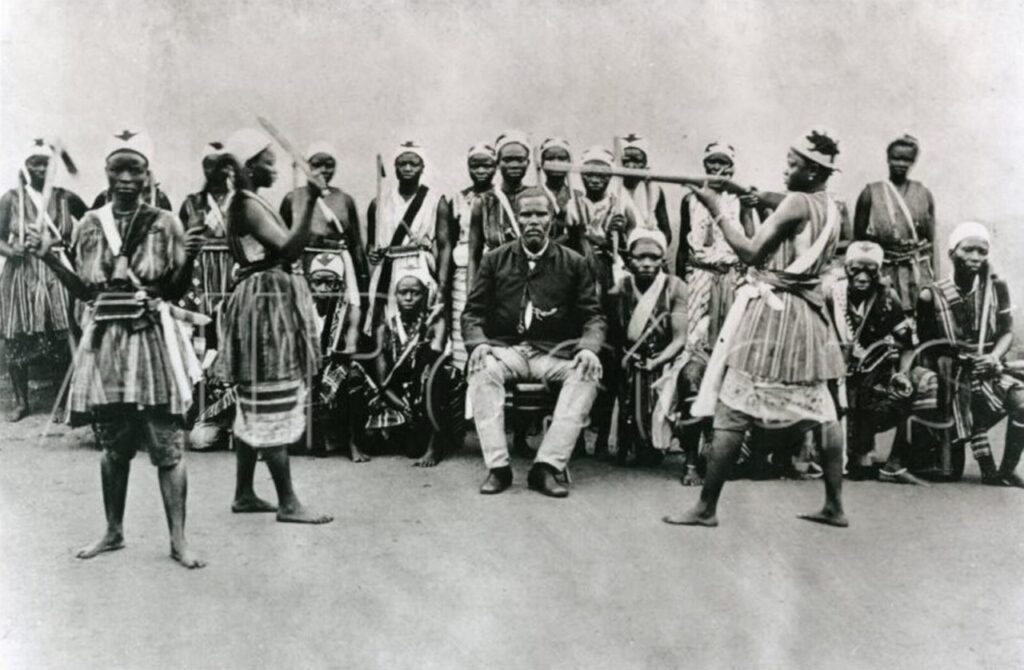
History
Following the catastrophic collapse of the Oyo Empire in the early half of the 19th century, the Egba tribe, which had previously been a part of it, gained independence. The city of Abeokuta, which literally translates to “under the rock,” was founded as a result of wars with Dahomey, in which the Egba were successful in part because of the protection provided by the Olumo Rock.
The Alake (or King of Ake) is now known as the Alake of Egbaland because the British during colonial rule recognized him as the supreme ruler of the entire clan and their domain. Therefore, in accordance with their level of habitation and seniority within the Egba nation, the titles of the monarchs of the Egba subdivisions (Ake, Owu, Oke Ona, and Gbaguraare) are Alake of Egbaland, Oshile of Oke Ona, Agura of Gbagura, and Olowu of Owu.
Meanwhile, history has it that the aforementioned subdivisions make up the Egba nation; Ibara, despite being physically situated in both Abeokuta and Yewaland, is one of them. However, Alake has, over the years, remained the most senior of the divisions.
The Jagunna of Itoko, an Oke Ona chief, is the high priest of Olumo. It is important to note that the ancient town and settlement of the Egba people in Egbaland was under and around Olumo Rock, which is in the Ikija/Ikereku region of the Egba. The Itokos are in charge of and reside in the territory of Olumo Rock.
History has it that Henry Townsend resided in Egbaland, which was also the location of Nigeria’s first newspaper (Iwe Iroyin). Its people thereafter became the first Nigerian nation to have an anthem, and up until recently, it has been the only anthem.
Egba People’s Traditional Wears
Egbaland has remained one of the ancestral homes of the Yoruba empire that have sustained the culture and traditional beliefs of Yorubaland. Even in its dress, it is evident that the Egba culture has been passed from one generation to another.
While the female Egba people wear Iro (wrapper) and buba (blouse) with gele (headgear) and ipele (a cloth tied around the waist or placed on one side of the shoulder), their men, on the other hand, wear kembe and sokoto (trousers or baggy native knickers), buba and agbada, with fila abeti-aja (cap).
Egba People’s Foods
The Egba people still preserve their local foods to this date. Egba people are always seen eating amala lafun (white amala) with ewedu (soup), as well as badan ofada (local rice).
Notable People of Egbaland
There are many prominent personalities in Nigeria who are from Egbaland. Some of them include Chief Moshood Kashimawo Olawale Abiola (a businessman and politician), Chief Olusegun Obasanjo (President of Nigeria from 1999 to 2007), Olufela Olusegun Oludotun Ransome-Kuti (a musician and activist), Chief Olufunmilayo Ransome-Kuti (a human rights activist and the “Mother of the Nation”), Reverend Oludotun Israel Ransome-Kuti (clergyman, a teacher and principal), Professor Olukoye Ransome-Kuti (a pediatrician, activist, and health minister), Chief Ernest Shonekan (Interim President of Nigeria), Prof. Wole Soyinka (an author, activist, and Nobel laureate), Tunde Kelani (a cinematographer), Olu Jacobs (an actor), Femi Kuti (a musician), and Seun Kuti (a musician), among others.

Oriki Egba
Egba mo’lisa
Omo gbongbo akala
Omo erin jogun ola
Omo osi’lekun pa’lekun de
Aridi ogo loju Ogun Baba t’emi la royin ogun baara fagbe
Ko sohun ti won n se ni mecca
T’awa kii se Legba Alake
Won n mumi semi semi ni Mecca
Awa n mumi Odo Ogun legba Alake
Won n g’Arafa ni Mecca Awa n gori Olumo l’egba tiwa
Won bimi L’ake
Mo gbo lenu bi jeje
Won bimi ni Gbagura
Mo gbo lohun bi oje.
Edumare bawa da ilu Egba si
Ase
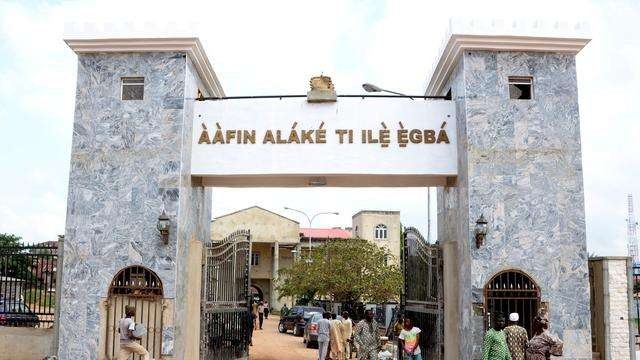
Egba Anthem
Lori oke o’un petele
Ibe l’agbe bi mi o
Ibe l’agbe to mi d’agba oo
Ile ominira
Chorus: Maa yo, maa yo, maa yo o; l’Ori Olumo; Maa yo, maa yo, maa yo o; l’Ori Olumo
Abeokuta ilu Egba
N ko ni gbagbe e re
N o gbe o l’eke okan mi
Bii ilu odo oya
Emi o f’Abeokuta sogo
N o duro l’ori Olumo
Maayo l’oruko Egba ooo
Emi omoo Lisabi
E e
Chorus: Maa yo, maa yo, maa yo o; l’Ori Olumo; Maa yo, maa yo, maa yo o; l’Ori Olumo
Emi o maayo l’ori Olumo
Emi o s’ogoo yi l’okan mi
Wipe ilu olokiki o
L’awa Egba n gbe
Chorus: Maa yo, maa yo, maa yo o; l’Ori Olumo; Maa yo, maa yo, maa yo o; l’Ori Olumo


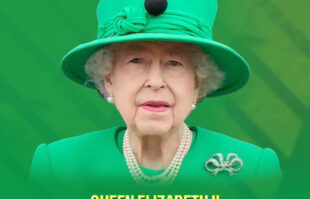
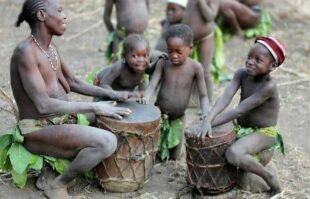
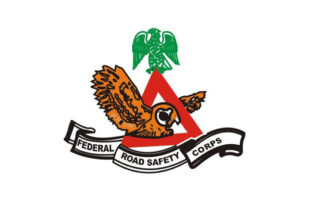
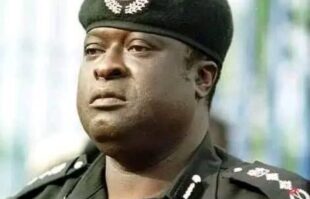
Comments
umar rasheed
3 years agoFantastic